Featured
Community Groups Lend Helping Hand To Struggling Families As School Year Starts
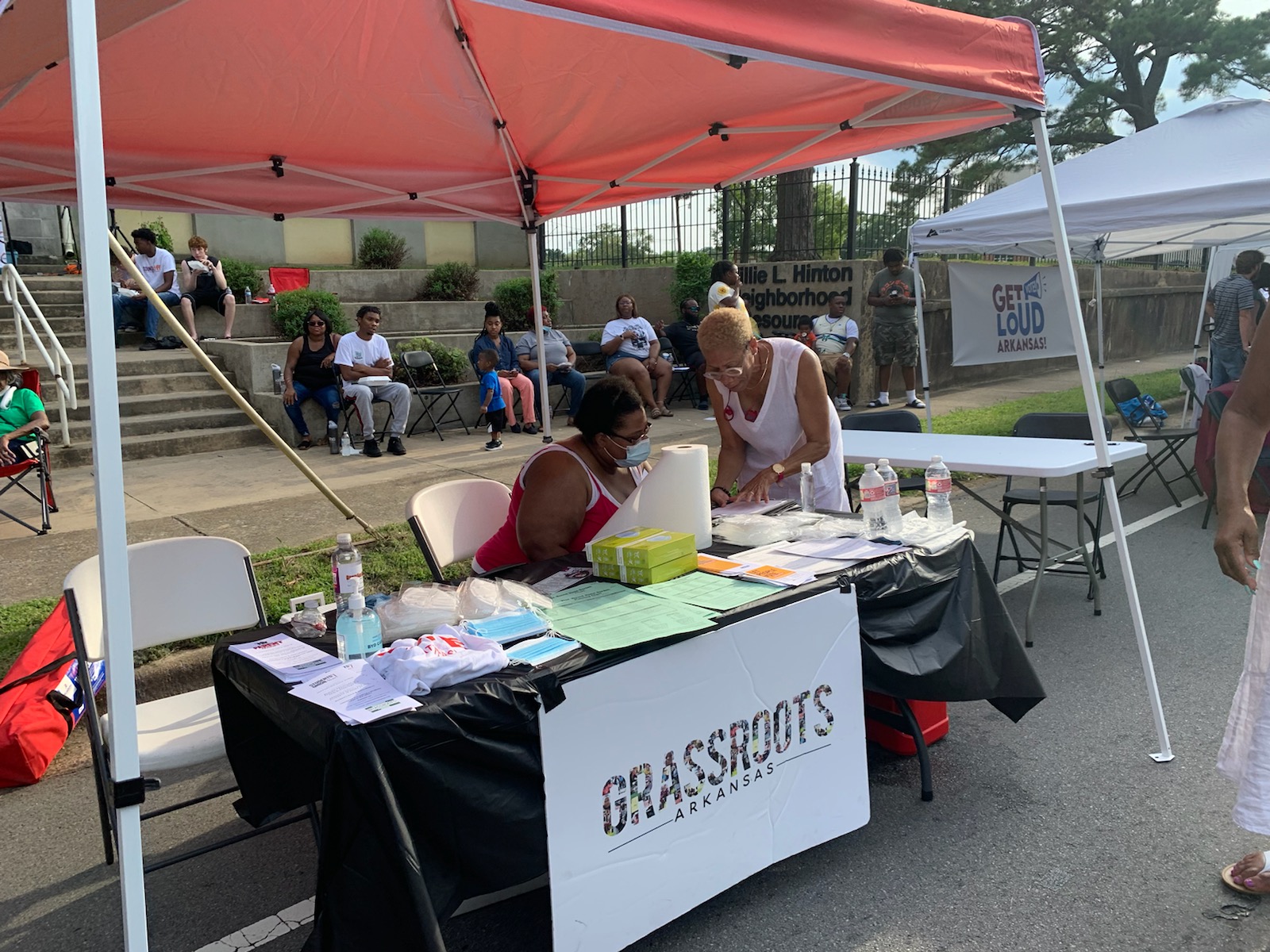
Schools around the country are opening for the start of a new year with inflation still higher than in recent memory. For families facing economic challenges, some community organizations are offering assistance with back-to-school expenses.
“We know that there are over 140 million people in the United States that are living at or below the poverty level which is absolutely unacceptable” said Rev. Dr. Anika Whitfield.
Whitfield is involved in Grassroots Arkansas, a coalition of activists fighting inequities in the state. The group hosted students and parents over the weekend for a rally marking the start of school in Little Rock. A marching band made its way down the street lined with booths and supporters.
She added it’s important “to me that all of my neighbors are living well.”
Although analysts point to signs of cooling inflation, a recent Bankrate survey indicated some parents were concerned about affording school supplies and other essentials. Middle-income families – defined as those earning between $50,000 and $99,999 – especially expressed concern. According to the survey, 41% of those planning to school shop said inflation changed how they shopped. And a slight majority of those surveyed identified as middle-income.
For Whitfield, who is a leader in Arkansas’ Poor People’s Campaign, this time of year brings additional financial challenges for families already in a standoff with economic hardship. She said there are “more people who are feeling poverty, there are more people experiencing hardships than there are people who are not.” She described a need often met with apathy.
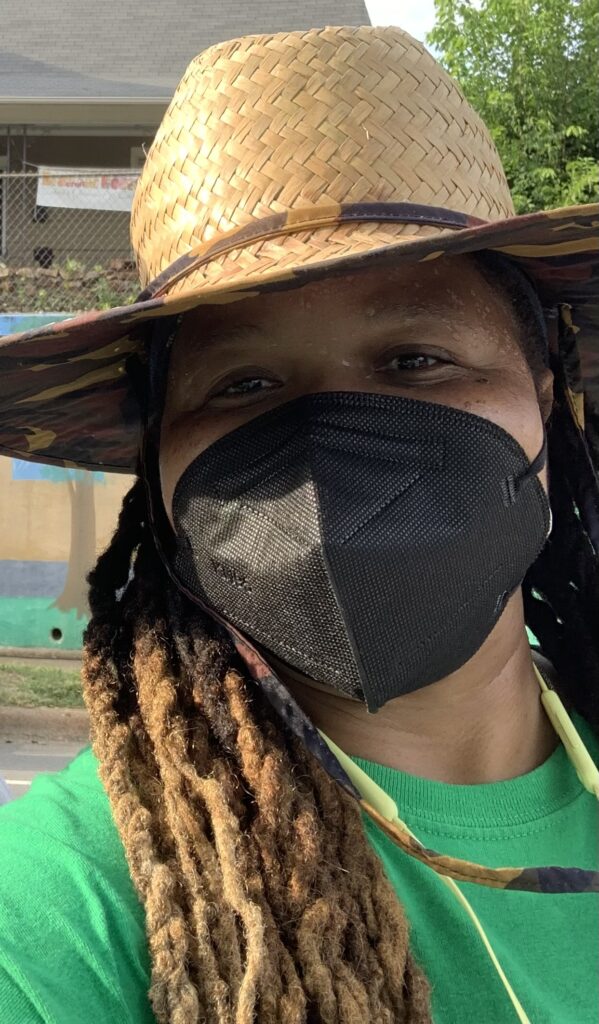
“The elite who are not feeling the hardships, that are not feeling the pains, they are oblivious to it,” she explained. “They have comments like, ‘People should just get a job,’ as if that’s the answer. And we know that many jobs, especially in the state of Arkansas, pay less than a livable wage. And so, it often takes two jobs for someone to even be able to live and survive well.”
In June Whitfield and thousands of others gathered in Washington, D.C. for the Mass Workers’ Assembly and Moral March led by Rev. William Barber.
“We were basically there to remind our legislators that we have to be prioritized when it comes to funding and policies,” Whitfield stated. “In Arkansas our governor has chosen and decided to not allow for the resources that we needed to make sure that people had housing in the face of COVID. Those resources were sent back to the federal government because they said they didn’t have enough people on the county levels to issue out those resources. And so, we have a state, again, that’s living with a surplus of billions of dollars … and yet, we still have people who are homeless. We still have people who don’t have healthcare. We still have people who are falsely incarcerated because we don’t have the type of criminal system – and it should be a justice system, but it’s a criminal injustice system – where people are criminalized for being poor.”
Those concerns were foremost in Whitfield’s thoughts as she and other activists in Arkansas and elsewhere prepared for another school year amid the coronavirus, a mass teacher shortage and a political landscape defined by division.
In Whitfield’s words, “This is the worst of America, and we keep seeing the worst of America being replayed over and over, again.”

-

 Black History5 months ago
Black History5 months agoThe untold story of a Black woman who founded an Alabama hospital during Jim Crow
-
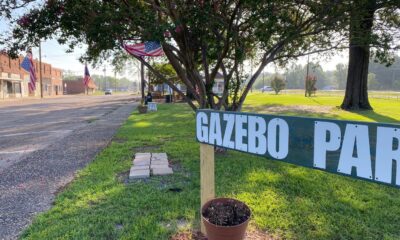
 Featured9 months ago
Featured9 months ago‘No Closure’ In Town Where Five Black Residents Were Either Murdered, Died Suspiciously Or Are Missing
-
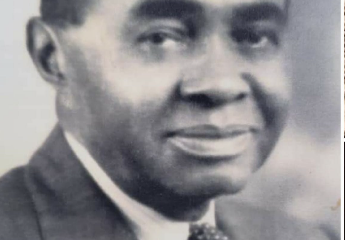
 Black History9 months ago
Black History9 months agoBlack History Lost and Found: New Research Pieces Together the Life of Prominent Texas Surgeon and Activist
-

 Featured9 months ago
Featured9 months agoFounder of “The Folding Chair” Podcast Calls Montgomery’s Brawl ‘Karma’
-
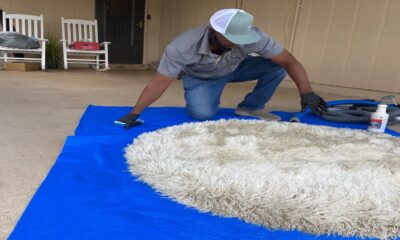
 Featured8 months ago
Featured8 months agoThousands ‘Live Their Dream’ During National Black Business Month
-

 Featured10 months ago
Featured10 months agoJuneteenth And ‘246 Years Of Free Labor’ Are Key To Conversations About Reparations

